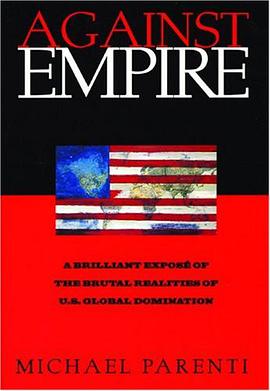
Synthesizing theory, personal research, and prior studies on interest groups and other lobbies, William P. Browne offers a new, insightful overview of organized political interests and explains how and why they affect public policy. Drawing on his extensive experience researching interest groups, Browne assesses the impact that special interests have long had in shaping policy. He explains how they fit into the policymaking process and into society, how they exercise their influence, and how they adapt to changing circumstances. Browne describes the diversity of existing interests-associations, businesses, foundations, churches, and others-and explores the multidimensional tasks of lobbying, from disseminating information through making financial contributions to cultivating the media. He shows how organized interests target not just the public and policymakers but even other interest groups, and how they create policy niches as a survival strategy. He also looks at winnable issues, contrasts them with more difficult ones, and explains what makes the difference. "Groups, Interests, and U.S. Public Policy" is a serious study written in a lighthearted tone. It offers political scientists a new theory of how and why interest groups influence public policy while it enlightens students and general readers about how policy is actually shaped in America.
具體描述
讀後感
評分
評分
評分
評分
用戶評價
相關圖書
本站所有內容均為互聯網搜索引擎提供的公開搜索信息,本站不存儲任何數據與內容,任何內容與數據均與本站無關,如有需要請聯繫相關搜索引擎包括但不限於百度,google,bing,sogou 等
© 2025 qciss.net All Rights Reserved. 小哈圖書下載中心 版权所有





















